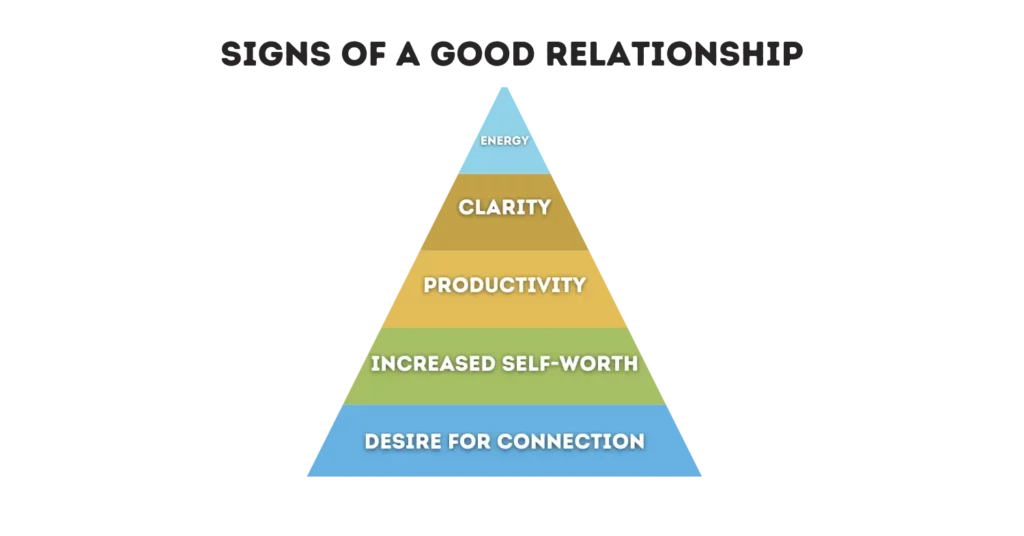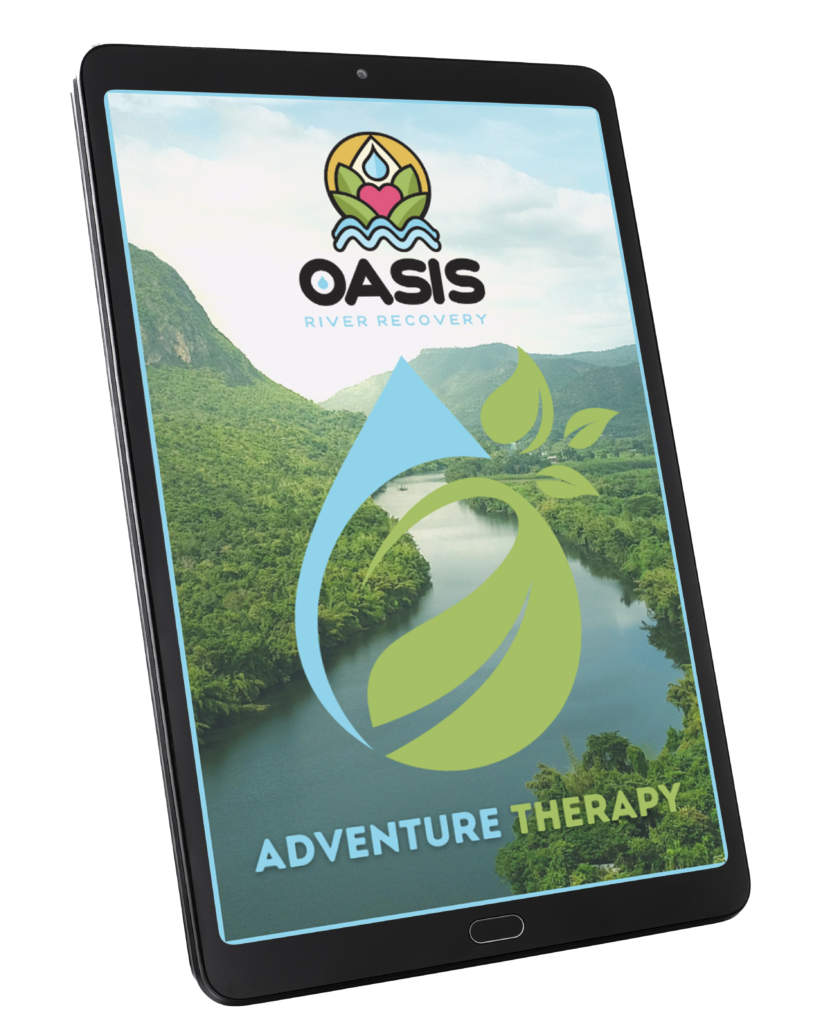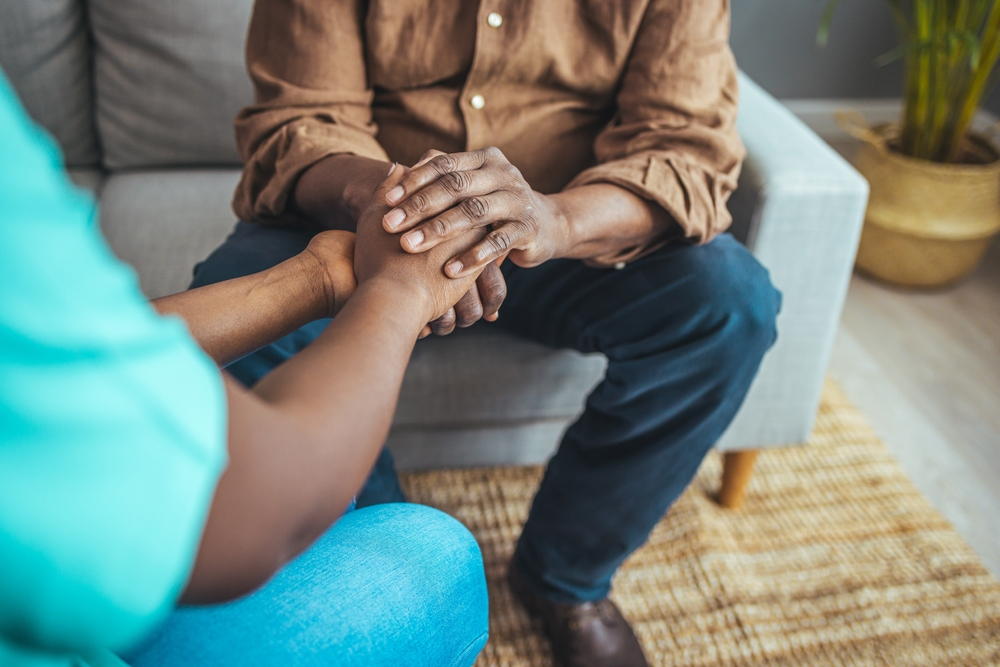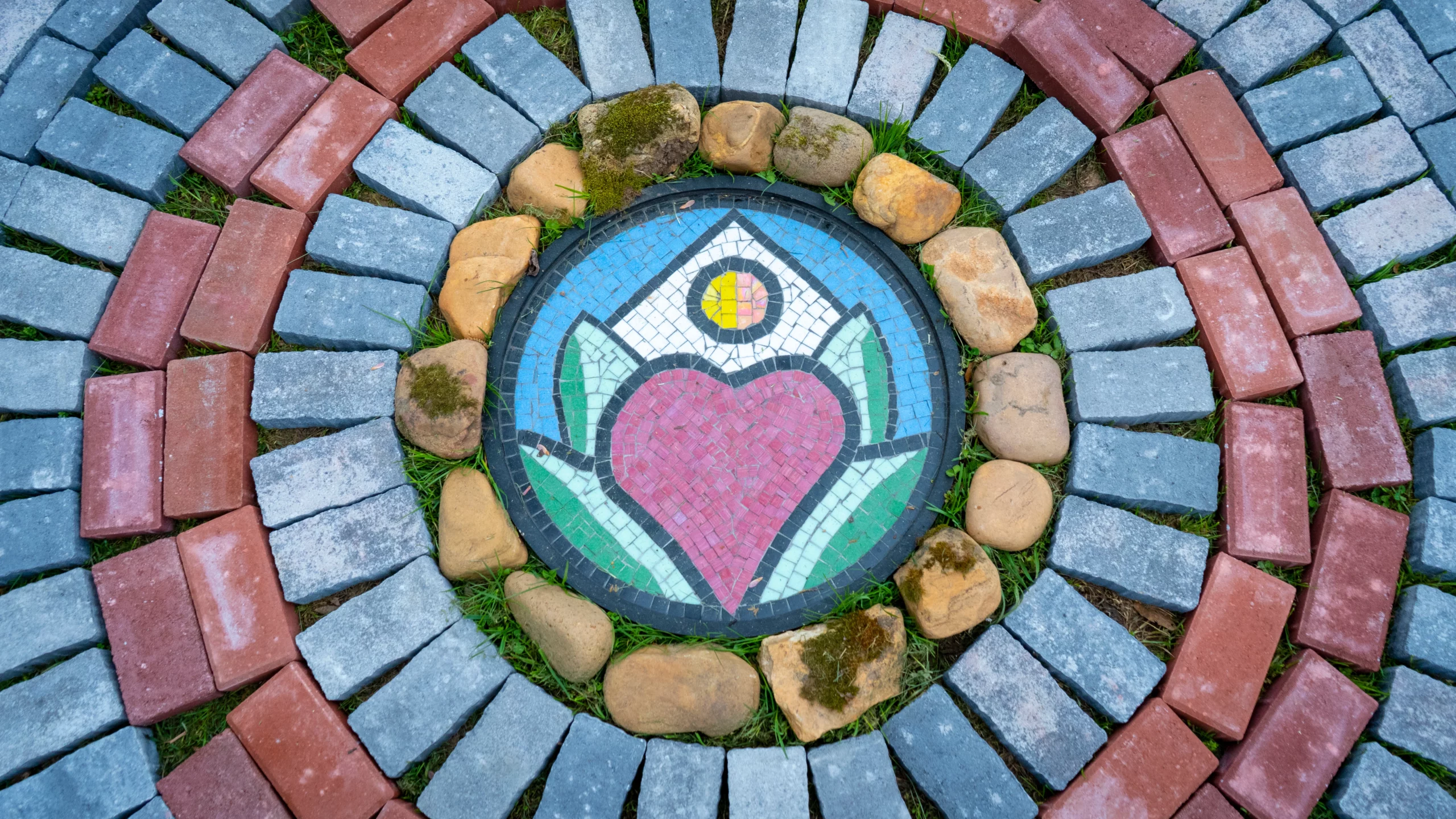HEALING MODALITIES
Oasis River Recovery uses relational-cultural theory to explore how unavailable, unresponsive, cultural, and gender-based past relationships can be stored as mental images that shape our current relationships, create unrealistic expectations, and lead to addictions.
Initially, relational-cultural therapy (RCT) was developed to accurately depict the mental health of women and reform traditional psychotherapy toward a new psychology of women. Over time, we’ve learned how culture and biological makeup can impact everyone’s mental health and psychological development. A loss or lack of empowerment and healthy relationships can cause individuals to lean on alcohol use and substance abuse to cope with isolation, racism, and marginalization.

Developed by Jean Baker Miller, Irene Stiver, Janet Surrey, and Judith Jordan in the late 70s, relational-cultural therapy states if a person can express their genuine emotions and be respected, heard, and understood during adolescence, they can develop confidence, trust, and self-assurance. However, when the person is ignored and treated as insignificant, they will alter their behavior to fit in with the people in power around them.
Examples include parents and children, bosses and employees, and traditional patriarchal relationships between women and cis-gendered men. This can lead to an individual becoming less genuine and detached from others. Over time, the disconnection can become permanent, resulting in depression, low energy, confusion, inability to act, isolation, and self-blame. These symptoms can lead to chronic strain, which can be very taxing on our overall well-being, causing emotional painful and physical pain. These feelings can lead to substance use disorders based on:

Relational-cultural theory suggests that for a relationship to be successful, individuals must be able to freely express their feelings, thoughts, and perceptions. As someone is met with understanding and empathy by their therapist, they start to recognize their importance and their potential for recovery by developing the ability to:
Once people begin to make changes in how they disconnect from others, they can take small, measured risks to display their vulnerability in relationships. This openness and vulnerability are necessary for developing healthier relational images, deeper connections with other people, and fostering personal growth.

Oasis River Recovery strives to provide a unique recovery program unlike anything offered in the area. By incorporating evidence-based treatment, experiential therapy methods, and holistic healing modalities, we've created a program that blends into our location's natural beauty
In terms of power analyses, relational-cultural therapy suggests that power over others severely restricts the development of mutuality. When people exercise power over others, they want to maintain the status quo and the imbalance of power that gives considerable privilege in a marginalized society.
“Power with” and “power for” modalities provide healthier social arrangements where all people matter, all people contribute to one another, and relationships can grow due to mutual empathy. In multicultural empowerment, we participate and value the growth of marginalized and less powerful people. The goal is mutual benefit, growth fostering relationships, and movement toward connection.

If you or someone you know is dealing with a substance use disorder or addiction, reach out to Oasis River Recovery. As we learn about psychological development and past relationships, we can pinpoint how cultures and genders affect our personal lives. Our team of professionals can use relational-cultural therapy to focus on your specific cultural and gender-based needs. Clients in ART therapy don’t need to visualize distressing memories outside the session and quickly find relief. Once the painful memory is healed, you can even feel empowered by the experiences that once overwhelmed you.
At Oasis River Recovery, our mission has always been to provide compassionate, evidence-based care for those seeking recovery. However, we want to inform you that Oasis River Recovery center is currently paused and not accepting new patients at this time.
While this program is on hold, we are grateful to be part of the HCANA network, which includes two outstanding recovery centers that are currently accepting patients and can offer the same high-quality care:
Oasis Recovery Center – Located in the heart of Asheville, NC, this facility provides personalized addiction treatment in a supportive, healing environment.
Knoxville Recovery Center – A trusted provider offering comprehensive addiction and mental health treatment in Knoxville, TN, with a focus on long-term recovery.
Both centers operate under the same commitment to excellence as Oasis River Recovery and are ready to help you or your loved one begin the journey toward healing.
If you have any questions or need assistance finding the right program, please don’t hesitate to reach out to either Knoxville Recovery Center or Oasis Recovery Center. We’re here to support you in finding the care you deserve.
Thank you for trusting us with your recovery journey. We hope to serve you again in the future.